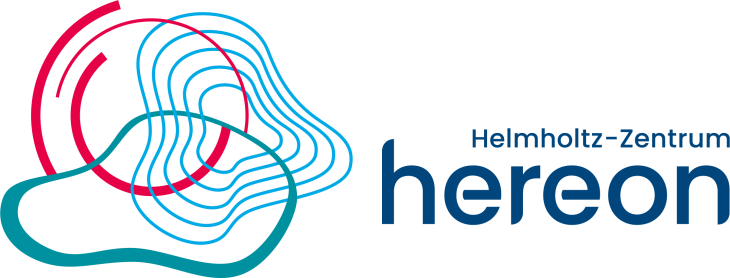Consortium Partners
The Universidad de los Andes is a Colombian higher education institution characterized by its openness to the challenges of society, and its eagerness to respond to them with innovative solutions. The Microbiomes and Bioenergy research group from the Department of Biological Sciences, led by Dr. Jiménez, specializes in the ecological and enzymological understanding of biomass-degrading microbial communities. Dr. Salcedo’s team from the Department of Chemical Engineering covers the field of lignocellulosic material for the transformation, and the development of novel biopolymers for food packaging and material coatings. The team from the Department of Civil and Environmental Engineering, led by Dr. Saldarriaga, studies the potential of (micro)organisms on bioremediation, including biological degradation of waste.
Microbiomes and Bioenergy Research Group
Department of Chemical Engineering
Department of Civil and Environmental Engineering
The Helmholtz-Zentrum Hereon is a German non-university research institution conducting international cutting-edge research for a changing world by generating knowledge and innovation towards more resilience and sustainability. The research of the Hereon Institute of Active Polymers focuses on multifunctional, polymer-based materials for applications in Regenerative Medicine. The Department of Materials in the Life Sciences, led by Dr. Machatschek contributes significantly to the field of multifunctional biobased materials. Together with Dr. Tarazona, the team develops rapid, predictive methods for the degradation behavior of (bio)polymers and the evaluation of bio-interactions in order to realize new functions such as on-demand degradation and actuation.
Institute of Active Polymers
The scientists of AGROSAVIA transform the Colombian agricultural sector in a sustainable way with the power of knowledge, to improve the lives of producers and consumers. The partners coordinate the Germplasm Bank of Colombia that conserves the genetic diversity of different species (animals, plants and microorganisms) of agricultural interest. Dr. Castro has joined their team recently. Her early involvement in MENZYPOL-NET helped building up the link to AGROSAVIA.
The goal of the Agrobiodiversity Department is to conserve, understand and use biodiversity for agricultural purposes, positioning its components and attributes in the Colombian production system.
AGROSAVIA



